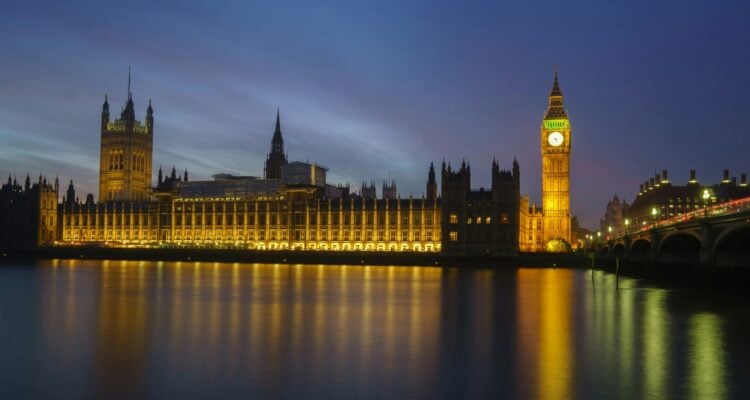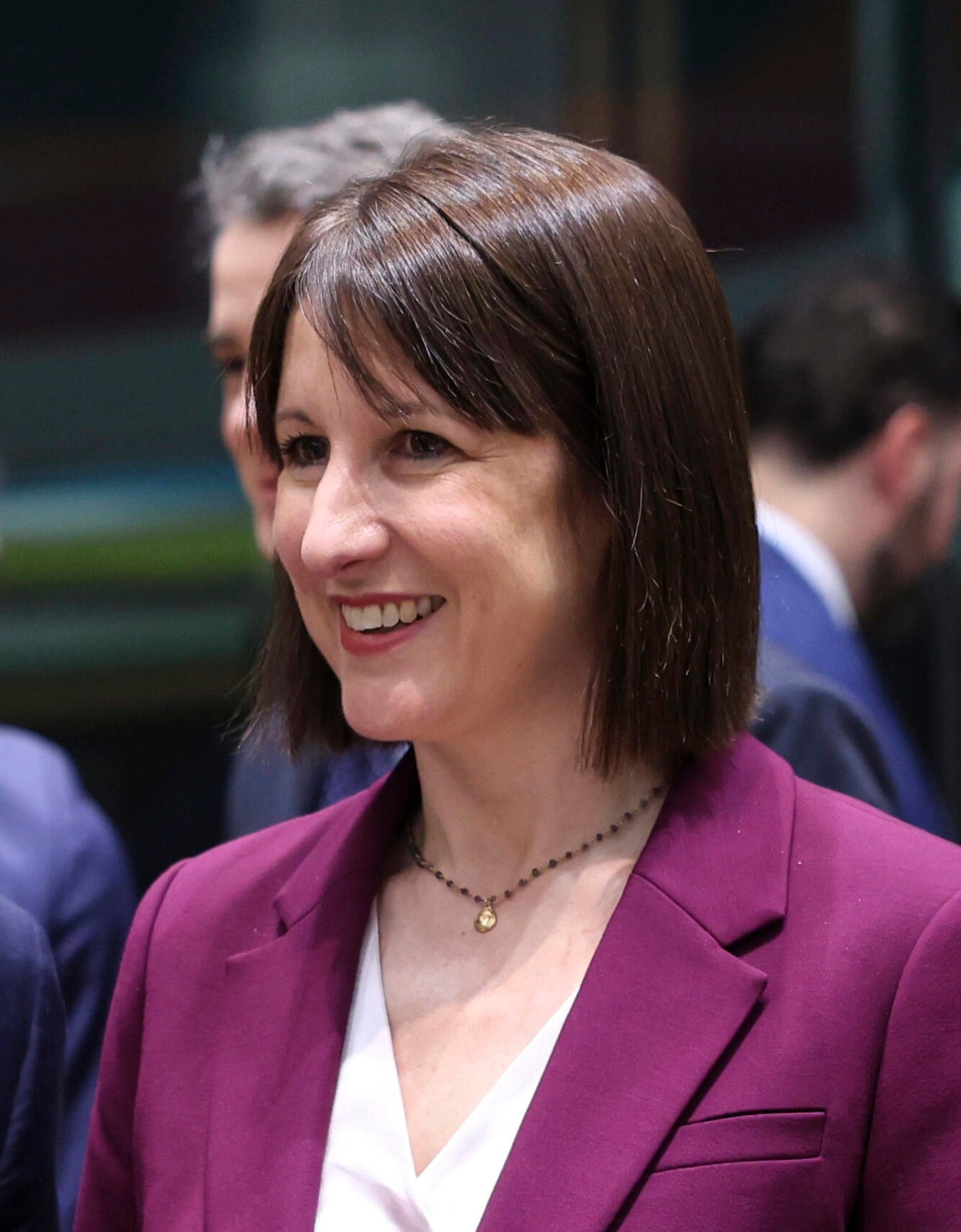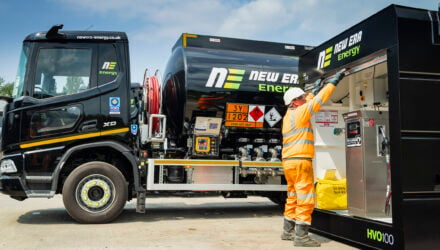Chancellor Rachel Reeves’s Spring Statement of 2025 introduced several measures impacting the logistics industry, fleet operations, and transport management.
Fuel Duty Freeze
The Chancellor announced the continuation of the fuel duty freeze for a historic 14th consecutive year. This decision maintains the 5 pence per litre cut introduced previously, aiming to alleviate financial pressures on businesses and individuals amid ongoing economic challenges. The extension is projected to cost the Treasury £3 billion in the next fiscal year.
Vehicle Excise Duty Increase
Contrasting the fuel duty freeze, the government will raise the Vehicle Excise Duty (VED) on petrol and hybrid cars. This increase is expected to generate an additional £11.2 billion for the Treasury by 2029-30. The adjustment in VED rates may influence fleet procurement strategies, potentially encouraging a shift towards electric vehicles (EVs) to mitigate higher taxation.
Investment in Transport Infrastructure
In a move to enhance the UK’s transport network, the government approved the £9 billion Lower Thames Crossing project. This initiative involves constructing a new road tunnel under the Thames, connecting Essex and Kent, and aims to alleviate congestion at the Dartford Crossing. The project is anticipated to create up to 22,000 jobs and contribute £200 million annually to the economy by reducing traffic congestion.
Spending Cuts and Efficiency Measures
The Spring Statement outlined significant spending cuts, with public spending growth reduced from 1.3% to 1.1% annually, aiming to save £5 billion. While specific departmental cuts were not detailed, these measures may impact public services related to transport and infrastructure. Government departments have been cautioned to prepare for substantial cutbacks, which could affect areas such as road maintenance and public transport services.
Implications for Fleet and Transport Management
- Cost Management: The fuel duty freeze offers temporary relief for fleet operators; however, the increase in VED necessitates a reassessment of vehicle acquisition strategies to manage rising costs effectively.
- Infrastructure Developments: Projects like the Lower Thames Crossing present opportunities for improved logistics efficiency but require fleet managers to stay informed about construction timelines and potential disruptions.
- Operational Planning: Anticipated spending cuts may lead to changes in public transport policies and infrastructure funding, impacting route planning and delivery schedules.
Fleet and transport managers should closely monitor these developments, adapting strategies to navigate the evolving economic landscape effectively.
Road Haulage Association (RHA) Managing Director, Richard Smith said: “As a sector that contributes £13.5 billion to the UK economy each year, our industry is crucial to achieving that growth. It’s promising to see the Government continue to recognise the need for reform of the planning regime and the time it takes to secure planning permission for major infrastructure projects.
On infrastructure, the Government’s acknowledgement that critical infrastructure underpins economic growth is welcome. It’s why we urged the Government in our Spending Review response to prioritise investment in road infrastructure projects that have the best business case for delivering growth – projects like the Lower Thames Crossing which we welcomed the approval of yesterday.
“Further investment in nationally significant infrastructure projects now needs to happen if Government is going to deliver on house building targets, reduce congestion, improve journey times and connect our towns and cities.”
During the statement, the Chancellor also referenced The Office for Budget Responsibility (OBR) forecast that Government planning reforms will lead to 170,000 additional homes built over the forecast period, with the government expecting housebuilding to reach a 40 year high.
Richard added: “Our industry will be crucial to meeting the aim of building new homes. The road freight and logistics sector is vital to moving the materials to achieve these ambitious housebuilding targets. Every new home is a new delivery point – so more homes must be matched with the increase in logistics premises and land allocation to service these homes.
“More investment will be required too in skills to train up and retain the 40,000 drivers a year that the country needs. Building the foundations for a future workforce will be an essential part of delivering on these aims and future proofing the economy.
The Chancellor focused heavily on defence spending and UK manufacturing. These industries require a secure supply chain to deliver on the Government’s ambitions and we look forward to working with government and the defence industry to support this.”
David Bushnell, Director of Consultancy and Strategy, Fleet Operations, said: “The Spring Statement marks another missed opportunity to provide the leadership and clarity the fleet sector urgently needs. It offers little in the way of the consistent, long-term support needed to give businesses the confidence to invest and to accelerate fleet decarbonisation.
“We recognise the challenges facing the UK’s public finances, including commitments to increase capital and defence spending. But this must be balanced with policies that help the fleet industry invest, grow and lead the transition to zero-emission transport.
“The Department for Transport’s recent extension of the Plug-in Van Grant, announced in February as part of a £120 million funding package, was a welcome move — but it’s hard to see this as anything more than a sticking plaster without broader, joined-up policy.
“At the same time, the withdrawal of the VED exemption for electric vans from April 2025 – aligning them with petrol and diesel models – sends a mixed and unhelpful message to operators who have already committed to cleaner transport.
“Treating 4.25-tonne electric vans as HGVs also continues to undermine progress. These vehicles are performing the same tasks as their 3.5-tonne diesel counterparts – the extra weight is in the battery, not the payload. While electric car adoption continues to accelerate, the eLCV market is playing catch-up. Regulatory alignment is long overdue if we’re to close that gap and support wider commercial EV uptake.
“Elsewhere, public charging VAT remains at 20%, compared to 5% for home charging – a disparity that penalises drivers without access to off-street parking, many of whom rely on used EVs in the second-hand market.
“This is compounded by the Expensive Car Supplement, which adds an additional annual charge to new EVs priced over £40,000 – a threshold that captures a significant proportion of the market. To reflect today’s vehicle pricing, this threshold should be raised to £60,000 for EVs.
“These additional costs undermine the appeal of second-hand electric vehicles and stall progress on wider adoption.
“Extending BIK rates to 2029/30 gives short-term certainty, but fleets are already planning beyond that. We need a longer-term tax roadmap to support confident decision-making and sustained EV growth.
“The fleet sector is ready to lead the charge, but this Spring Statement was a missed opportunity to deliver the consistent, joined-up policy needed to match the ambition.”
BVRLA Chief Executive, Toby Poston, said: “Electric vehicle registrations have never been higher, but the fleet and mobility services sector’s confidence in a fast, fair and affordable net zero transition is wobbling. Today’s Spring Statement failed to acknowledge or address the uncertainty and lack of confidence surrounding the electric vehicle market.
“Our current decarbonisation targets are at major risk unless policymakers deliver a comprehensive set of measures to drive long-term demand. The clock is ticking, and next week’s VED hikes will see that pressure building.”
Managing Director of Point S UK, Ali Yilmaz, commented: “With recent increases in vehicle excise duty and the Chancellor’s decision not to halve VAT on new EV purchases, we anticipate motorists will keep their existing ICE vehicles for longer, creating several opportunities for aftermarket businesses. We’re already witnessing hesitation in the new car market with a three percent contraction across Europe as uncertain consumers postpone vehicle purchases.
“This trend, combined with no additional funding for pothole and road repairs, means the UK car parc will continue to age and experience greater wear and tear. However, with household budgets remaining tight, independent aftermarket businesses must demonstrate to customers the value of investing in preventative maintenance and repairs for their safety and that of other road users.”









